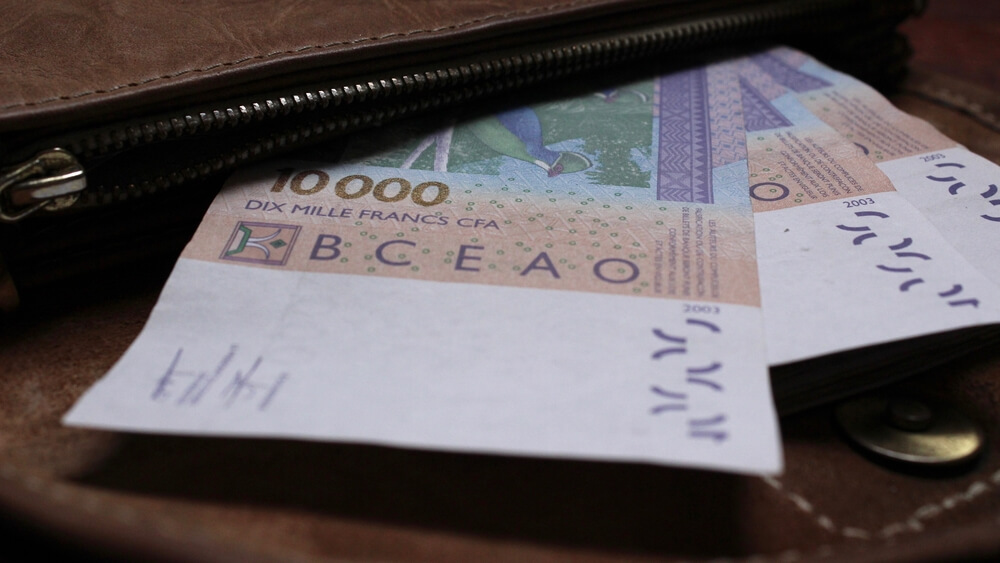In a veritable rollercoaster of events, Senegal, one of Africa's most vital democracies, has emerged from a crisis that threatened to push the country into chaos and uncertainty.
The nation of about 17 million people will resolve its deep political disputes in the March 24 elections or at least start to resolve them.
They will probably do it in the elections, which is encouraging for the Senegalese, who will thus avoid the violent scenario seen so many times.
The generator of the latest crisis, the outgoing President Macky Sall, backed down under multiple pressures and let simmering disputes be resolved through democratic procedures, culminating in elections.
Mass protests broke out in the country after President Sall's decision last February to postpone the presidential elections, which were scheduled for February 25, indefinitely.
It seemed as if the arbitrariness of the president, whose mandate ends on April 2, assumes powers he does not have, suspending institutions and hinting at personal governance of the country, which was already considered by many as a coup.
Giving in to protests
However, mass protests followed by widespread condemnation of Sall's moves, including from the allies, reversed the negative trend.
At the beginning of March, the Constitutional Council ruled that the postponement of the elections announced by Sall (even until the end of the year) was unconstitutional and that the new president must be elected before April 2 so there would be no institutional vacuum.
The president complied with the decision and rapidly dissolved the government, allowing the prime minister and his associate Amadou Ba to join the presidential race. At the same time, the parliament passed the law on amnesty, according to which 2 opposition leaders were released from prison.
One of them, the popular 48-year-old Ousmane Sonko, is already the star of the short election campaign, even though his name will not be on the list of presidential candidates.
The opposition duo initiated their campaign following a wave of enthusiasm from supporters over their release from prison
Since being charged with a crime, he was not allowed to run, but his Pastef Party right-hand man, Bassirou Diomaye Faye, will run instead.
Unlike his party leader, he went through the candidacy process because he was in prison for a minor administrative offence.
The opposition duo initiated their campaign following a wave of enthusiasm from supporters over their release from prison. However, to prevent confusion among supporters in the short term, as long as the campaign lasts, they are using the message - "Ousmane is Diomaye" to redirect the support of the charismatic leader Sonko to his closest associate and presidential candidate, Mr Faye.
Oppositional optimism
There were no pre-election polls in Senegal, but the opposition duo and their supporters are confident of a good result. Last week's release from prison, which unleashed great positive energy and celebrations on the streets, is also helping them.
At the same time, President Sall's actions are regarded as evidence of his establishment's weakness. Indeed, in the midst of a difficult situation, the coalition led by the departing president agreed to endorse the recent prime minister, Amadou Ba, as a joint presidential candidate, thanks to Macky Sall's personal efforts.
Ousmane Sonko advocates a fight against corruption and a series of economic reforms, about which not everyone is happy
If the opposition candidate wins the elections next Sunday, Senegal will face significant changes.
Ousmane Sonko, the undisputed leader of the opposition movement, who came third with 16% of the votes in the previous presidential elections in 2019, advocates a fight against corruption and a series of economic reforms, about which not everyone is happy. Particularly next door in West Africa.
His plan has been for Senegal to leave the group of 14 African countries that use the CFA franc, a regional currency pegged to the euro, under the guarantees of the French government.
A new anti-French wave
Mr Sonko's populist supporters support his idea and see it as a step towards full Senegalese sovereignty. However, this kind of reform inevitably raises anti-French sentiment, which Mr Sonko does not defend excessively, even though he officially claims that France will remain a significant partner of Senegal.
Senegal's environment in West Africa shows growing anxiety (among governments and businesses), fearing that Senegal's likely withdrawal from the shared currency and the establishment of a new one would cause significant business disruptions.
 Senegal's environment in West Africa shows growing anxiety, fearing that Senegal's likely withdrawal from the shared currency
Senegal's environment in West Africa shows growing anxiety, fearing that Senegal's likely withdrawal from the shared currency
As someone who counts on the votes of the youth for his candidate, Mr Sonko promises to improve their position: above all, more employment, and approaches them with a lot of skill in communication through social networks.
At the same time, Sonko, as a nationalist, does not mind that there are often slogans like "France Out" at rallies supporting his politics. This suggests that Senegal (under a new president) could join the ranks of African nations that have experienced anti-French shifts in recent years, some even leading to a military coup.
However, Senegal's democratic institutions have demonstrated strength and authority in recent months, which is unusual in Africa. This country has grounds to hope that it will not face severe political attacks, even under an opposition populist candidate leading it.